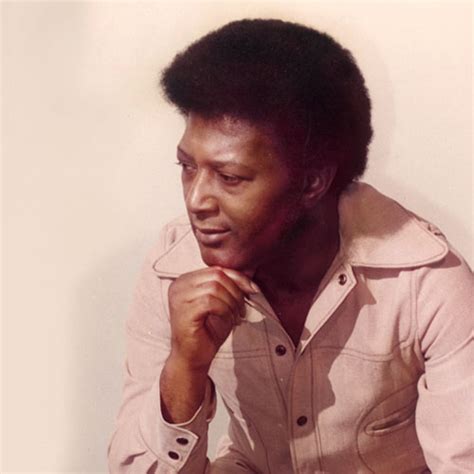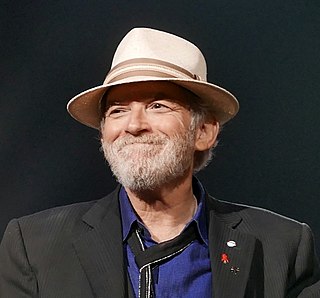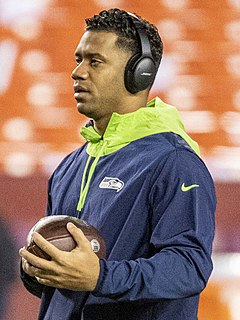A Quote by John Lennon
At the (record company) meeting Paul just kept mithering on about what we were going to do, so in the end I just said, 'I think you're daft. I want a divorce.'
Related Quotes
My whole team, it wasn't about putting the album out, it was about getting off the record company and going independent or going to another label. To the point we were like, 'Listen, just take 'Lasers.' You can have whatever percentage off the next ten records I do for the rest of my life. I just do not want to be here anymore.'
When I was about 6, my cousin was very active in a Filipino repertory company, doing musicals and plays. Her aunt was one of the founders of the company, and she told my mom that there were these auditions for 'The King and I,' and that they needed kids. I auditioned, got in and the love affair started from there and just kept going.
My contract with mercury PolyGram Nashville was about to expire. And I never had really been happy. The company, the record company, just didn't put any promotion behind me. I think one album, maybe the last one I did, they pressed 500 copies. And I was just disgusted with it. And about that time that I got to feeling that way, Lou Robin, my manager, came to me and talked to me about a man called Rick Rubin that he had been talking to that wanted me to sign with his record company.
In Mudcrutch we all wrote songs, and when it got to the focus on Tom and the Heartbreakers, I kept writing songs, but it wasn't anything that was up the Heartbreakers tree, I didn't think - and I don't think they did, either. So I kept writing songs for the hell of it, but I didn't want to make a record just for the sake of making a record.
The first record was basically a quick, fast record. The second record, we were going for more of a poppier sound - like a heavy pop sound. For 'Rocket to Russia,' we'd sort of reached our pinnacle. We'd gotten really good at what we were doing, so that's like my favorite record - that's a really good record. It's just great from beginning to end.
I remember, when I was 6 years old, we were having an event at school where different dolls were on display. I said that the tallest doll needed to be on the end, and my little friend said to me, 'Oh, you're just so bossy.' I remember thinking that wasn't a good thing. But I kept insisting the doll had to be on the end anyway.
We were 6-4 and everybody doubted us. We lost to the Kansas City Chiefs and that week we had a players meeting and really talked about where we really want to go. It's not about the record. At the end of the day it comes down to are we going to keep focusing on each other and are we going to keep getting better day by day? We ignored the noise, we ignored all the talk from the outside.
Ever since I was a about seven or eight; I think it was seven. My brother said "I want to start acting," and me and my sister just said, "Oh we'll try it, we'll see." It was just one of those things - we were just like, "Oh, we'll see what happens." So we ended up - all my siblings and me - we ended up just trying it, and I got that one role on In Plain Sight and then we just decided to keep going and see what happens. And then: Hunger Games.
If you want a film and they don't want you, sometimes you have to go fight for it. Sometimes that ends up just being a meeting really, just sitting down with them and just saying here is my vision for it and here is why I really love it. But for the most part, I think filmmakers gravitate towards people that are excited - as excited as they are about the film and as passionate about it. So sometimes going after it isn't so much a function of auditioning as it is just sitting down with the filmmaker.
I think I gave indications early on that mine wasn't just going to be a commercial, er, career. If that were the case, then the first record would have been 10 versions of 'Loser.' I always thought it would be interesting if there was no such thing as gold and platinum records, or record deals, and people were just making music. What would the music sound like?




































